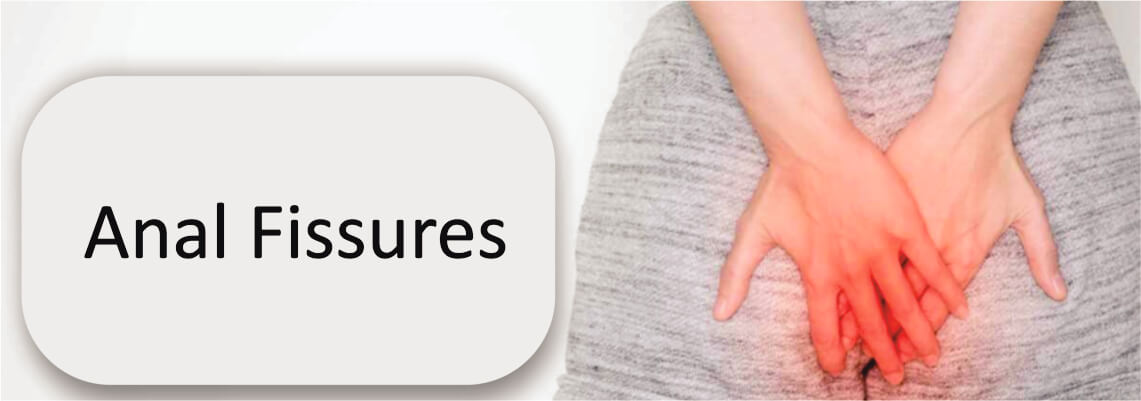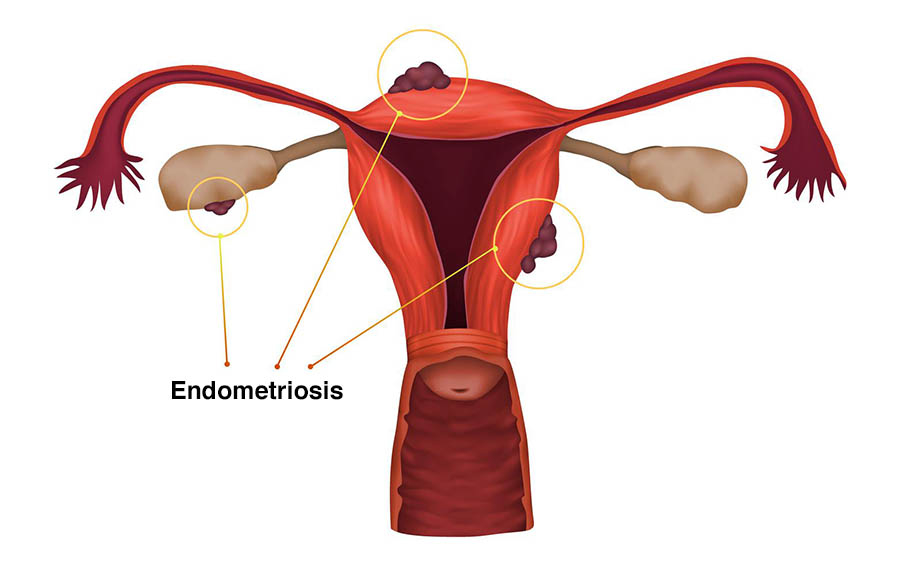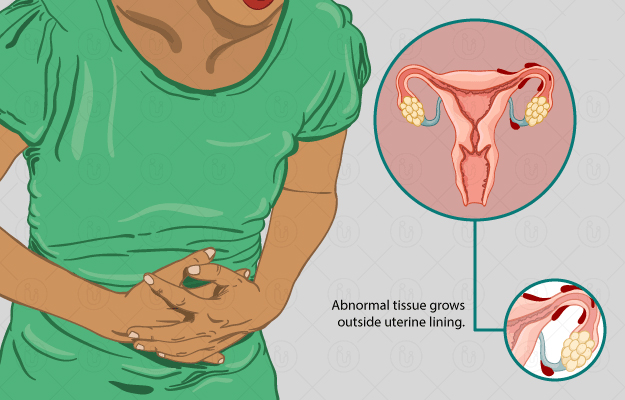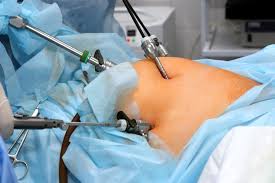What You Need to Know About Anal Fissures

Have you been sensing discomfort during your bowel movement? Are you having unusual constipation issues? Are you wondering what the cause of it is? Still wrapping your head about what it can be, hemorrhoids or an anal fissure?
Fact: Although anal fissures are not the same as hemorrhoids, they might have comparable symptoms. Sore blood vessels in or around the anus are hemorrhoids. An anal fissure is among the most prevalent noncancerous (benign) anus and rectum diseases.
Let's understand what it is, its possible causes, and the type of anal fissure treatment available if diagnosed with this condition.
What Is an Anal Fissure?
An anal fissure is a rip in your anus tissue which is the last element of your digestive tract is, the anus, found near the end of your rectum. It has a muscle ring/sphincter that opens to allow stool/feces to flow through during a bowel movement; when the anal tissue stretches too far, it causes a fissure. This can occur during a complicated bowel movement, resulting in discomfort and bleeding. When a firm stool is passed, an anal fissure occurs, a tiny rip in the skin overlying the anus.
What Causes an Anal Fissure?
Several factors can cause an anal fissure, but constipation is the most prevalent. Severe diarrhea, anal intercourse, vaginal delivery, or even an instrument placed into the anus can induce a fissure. Trauma to the anal canal and anus can result in anal fissures. According to the best doctor for fissures, some or all the below-mentioned factors may contribute to the trauma:
- Chronic constipation
- Struggling to manage to have a bowel movement, especially if the stool is big, hard, and dry
- Prolonged diarrhea
- Anal sex, anal stretching
- Long-term bad bowel habits
- Anal sphincter muscles that are too tight or spastic
- Scarring in the anorectal region are examples of non-trauma causes.
- Medical conditions like Crohn's disease or ulcerative colitis are inflammatory bowel diseases.
- Anal cancer, leukemia, infectious disorders such as TB.
- Sexually transmitted conditions include syphilis, gonorrhea, Chlamydia, chancroid, and HIV.
Sentinel Piles
As the result of a fissure wound within the anal canal, the surrounding skin becomes persistently inflamed and forms a skin tag (“sentinel tag”). These types of skin tags are often mis-identified as “haemorrhoids”. However fissure-tags tend to be more sharply painful during bowel movements. Let’s understand more about it. Sentinel piles (also known as sentinel skin tags) may improve without treatment, but if they are big or causing you issues, you may want to have them removed surgically. Anal skin tags, also known as rectal skin tags, are benign growths that dangle from the skin surrounding the exterior of the anus. It's possible that they're misconstrued for warts or piles (haemorrhoids). It's not communicable, although it might be caused by a lesion, inflammation, anal damage, or leftover skin after a haemorrhoid treatment.
What Are the Signs and Symptoms of An Anal Fissure?
An anal fissure has the following indications and symptoms:
- Constipation
- Blood on the exterior surface of the stool
- Blood on toilet tissue or wipes
- Pain during and after a bowel movement
- An apparent crack or tear in the anus or anal canal
- Painful burning and itching when peeing
- Urinary discomfort, excessive urination, or inability to urinate.
- Foul-smelling discharge
Who Is at Risk for Anal Fissures?
Anal fissures can affect anybody and can affect people of all ages. As people age, their chance of developing an anal fissure subsides. People who have previously had fissures in the ano or an anal fissure treatment are more likely to experience them again. Young children and mothers following childbirth are also prone to anal fissures.
What Is the Treatment and Technology of Anal Fissures?
Most anal fissures do not necessitate surgery and can be treated with medication. However, they should not be treated with narcotic pain relievers since they cause constipation. Other drugs that relax the anal sphincter muscles may be administered when a patient has a more chronic fissure. In general, non-operative treatments are expected to lessen pain and bleeding and heal more than half of chronic fissures with few adverse effects.
Pelvinic’s best doctor for fissures assists patients in discussing the advantages and disadvantages of fissure surgery with you. Chronic fissures are more challenging to treat, and in such a case, your surgeon may recommend anal fissure treatment as initial treatment if restorative care has failed. When individuals hear the term "surgery, all warning sirens go out. Will a surgical wound make the agony worse? How long will you be out of operation following surgery? What surgical procedure do the specialists advise?
Have you ever heard of the term "minimally intrusive" surgery? It's a one-of-a-kind laser therapy. Fissure laser surgery is both painless and bloodless; the patient is given an anesthetic during the operation. Pelvinic's specialists use the advanced Laser technology, the most adaptable and ubiquitous cutting-edge medical laser in the market. Internal sphincterotomy is performed with the use of a laser. With this technologically advanced treatment surgeon has excellent control over the surgery. The laser is also used to debride the persistent fibrotic scar, which aids in avoiding long-term pain and allows for a faster recovery.
How Long Does It Take to Recover from Surgery, And What Are the Advantages?
Traditional techniques for intestinal surgery may require patients to visit the hospital for a week or longer, with a total recovery time of 4 to 8 weeks. Laser therapy is the most acceptable surgery for fissures if patients choose surgery. Leonardo Laser treatment is used to perform laser procedures to treat anal fissures. It's an advanced childcare technique in which the patient must stay in the hospital for 6-8 hours. Most individuals consider this treatment is because it is:
- Cost containment,
- Early mobilization of the patient,
- Less pain due to minimally invasive surgical techniques,
- Early patients return to their home environment,
- Reduced risk of cross-infection in hospitals,
- Less pay loss due to early discharge from the hospital
In 97 percent of cases, long-term treatment is possible; no other hemorrhoid therapy comes close to achieving this level of success.
Do you think you have some signs and symptoms of anal fissures? You need not worry; consult the best doctor for fissures in Delhi. at Pelvinic. For more information and privacy, connect with us on WhatsApp.



